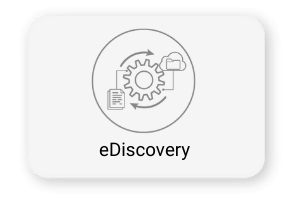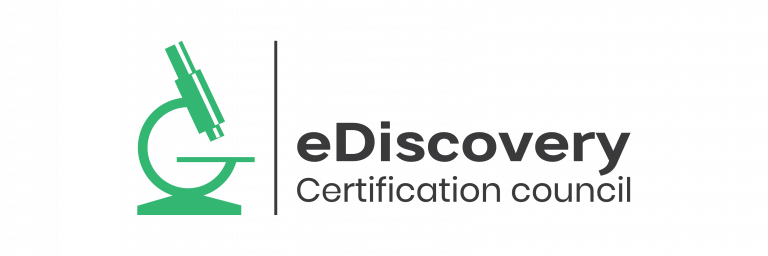How E-Discovery Professionals Work?
E-discovery professionals are primarily employed by law firms, e-discovery vendors, corporate legal departments, and the government. Some also work in academic settings, teaching best practices and compliance with e-discovery rules.
E-discovery professionals are primarily employed by law firms, e-discovery vendors, corporate legal departments, and the government. Some also work in academic settings, teaching best practices and compliance with e-discovery rules.
An e-discovery professional’s work may include:
- Assessing a client’s electronically-stored information (ESI)
- Helping to create ESI preservation policies
- Serving on e-discovery teams
- Ensuring compliance with federal rules regarding ESI
- Educating clients on e-discovery policies
- Drafting and communicating litigation hold procedures

- Using technology to facilitate discovery
- Assisting in the collection, processing, review, analysis, and production of ESI
- Serving as a liaison between the legal team, IT personnel, vendors, and records management personnel
E-discovery professionals must understand both information technology and legal processes, and these skills are in demand. An e-discovery professional starting as a document coder may earn a relatively modest £30,000 per year, but experienced e-discovery directors can earn an annual salary of £115,000 or more.1
E-discovery was an almost £11 billion industry in 2018, and it’s expected to top £17 billion by 2023.

